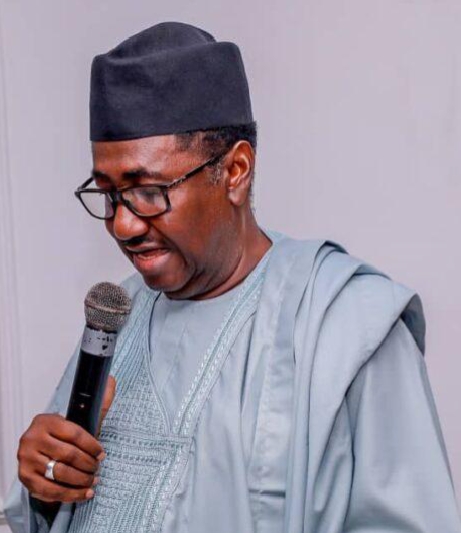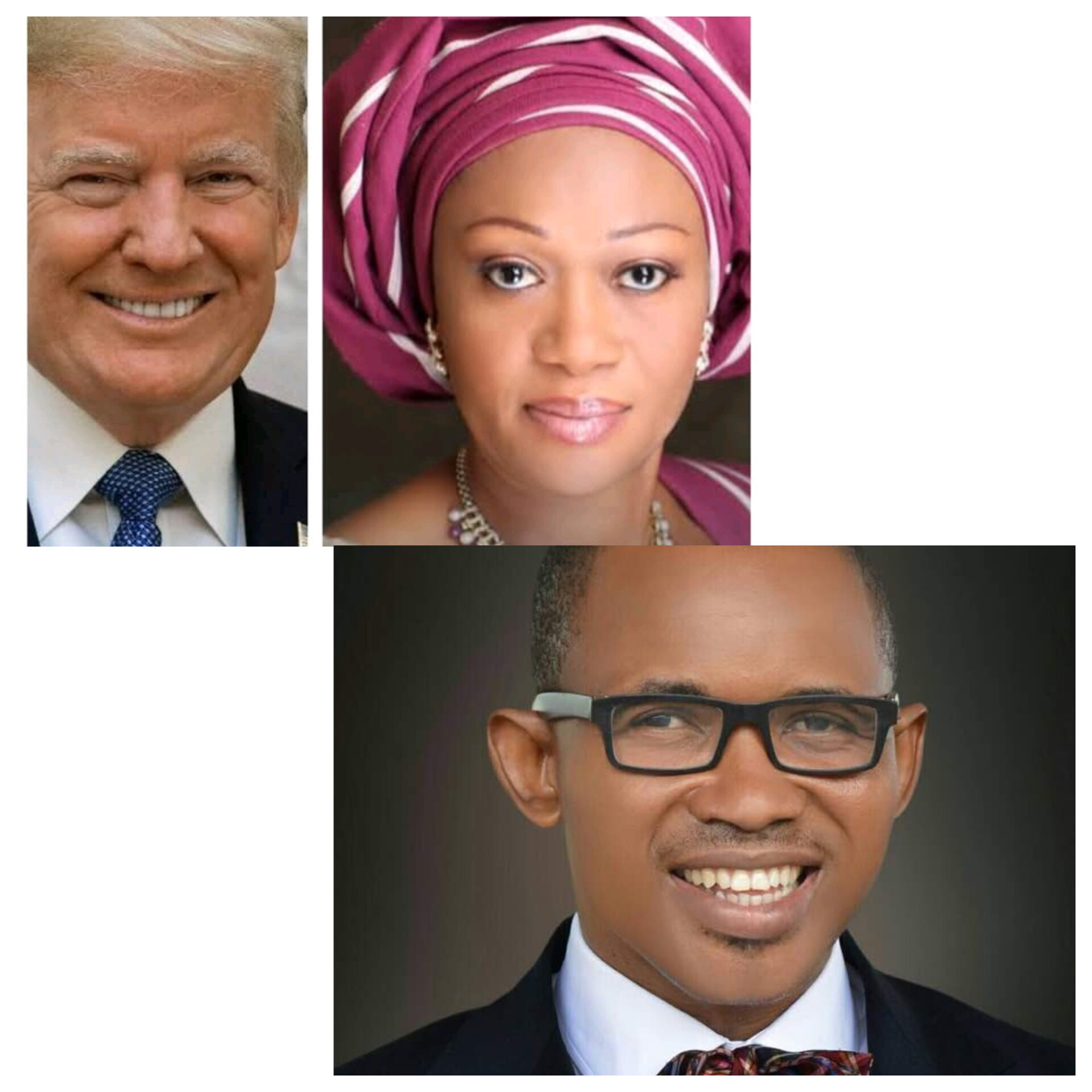Experts warn of renewed protests as calls grow for subsidies reinstatement By John Dike

Experts warn of renewed protests as calls grow for subsidies reinstatement

The recent nationwide EndBadGovernance protests across most states of the federation could have been averted if President Bola Tinubu’s Federal Government had properly planned before removing the fuel subsidy.
This is why many experts and political analysts continue to call on the president to reinstate subsidies on electricity and fuel to address the current challenges of hunger protests.
Many believe that failure to reverse the aforementioned issues will result in another wave of protests from Nigerians, who were reportedly disappointed by the president’s recent nationwide broadcast regarding the EndBadGovernance protests across the nation.

Speaking with our correspondent after a renewed protest on Saturday, the Chairman of the Osun Civil Societies Coalition Group, Comrade Waheed Lawal, expressed the coalition’s condemnation of President Tinubu’s nationwide broadcast on the protests. He stressed that the youths would return to the streets to demand good governance.
Lawal urged the federal government to introduce policies that would ease the burden of economic hardship on Nigerians, rather than relying on the palliatives it is distributing to the states.
“The root cause of this hardship is the sudden removal of the oil subsidy on the first day of the president’s inauguration without planning for it. The resultant effects of this are what everybody is suffering from today. The president must reverse this decision or face mass action in the renewed protest that is about to start.”

“We, the civil society organisations, also demand the release of the detained protesters.
“The #EndBadGovernance protest ended today. Unfortunately, the president hasn’t addressed all the issues the protesters raised. Mr President spoke without listening to most Nigerians, who are lamenting, ‘ebi n pawa o’ (we are hungry) every day.
“We demand the reversal of the fuel and electricity subsidy removals because it has been hurting the citizens, leading to hyperinflation, a high cost of living, and economic hardship in the country.
“We demand the immediate release of all protesters in police custody, including those arrested during the #EndSARS protest, and adequate compensation for the violations of their human rights.
“The OCSC enjoins the federal government to act swiftly to avoid pushing citizens to their limits.
“We shall organise a bigger, broader, and more disciplined movement of the people and youths for another round of protests for a better Nigeria if the president is lackadaisical in responding to the demands of Nigerians.”
According to him, the EndBadGovernance protests have significantly expressed the collective frustration of Nigerians, highlighting the economic hardships and governance failures that have long plagued the country. While the protests have successfully brought these issues to the forefront of national and international attention, the ultimate goal of achieving tangible change has not yet been fully realised.
Lawal hinted that the protests alone are not enough to bring about the deep-rooted reforms needed to improve the lives of citizens. However, they have undeniably forced the government to acknowledge the people’s grievances, which is a crucial first step towards meaningful change.
Regarding the next course of action, he said it must involve sustained advocacy and engagement. “We must continue to hold the government accountable by pushing for the implementation of specific policy changes that address the core issues raised during the protests.
“This includes economic reforms, anti-corruption measures, and ensuring that citizens’ voices are heard in decision-making processes. Additionally, building alliances with civil society organisations, legal experts, and international bodies will help maintain pressure on the government to act in the interest of the people.
“The dialogue should be inclusive, transparent, and focused on actionable outcomes. It should involve representatives from various segments of society, including youth leaders, civil society organisations, economic experts, and affected communities.
“The discussions must be structured around key issues such as economic reforms, governance, and social justice, with clear timelines and mechanisms for accountability.
Moreover, the dialogue should be conducted in a manner that respects the voices of the protesters and acknowledges their legitimate demands. It’s essential that this dialogue is not a mere formality but a genuine effort to address the root causes of the protests and pave the way for long-term solutions.”
Comrade Ayo Ologun, Executive Director of the Centre for Responsive Governance (CRG), said the programme has achieved results, although perhaps not as desired, as it can be boldly said that intentions differed from the outset.
“But in all this, the people have spoken loudly about their capacity to ask questions of their leaders and express displeasure about how they are being governed.
“I strongly believe that the next action should be for the organisers to agree on specific demands for execution by the government and strive to have them fulfilled through proper follow-up.
“The dialogue should involve opinion leaders, civil society movement leaders, youth leaders, and student leaders for a thorough, no-holds-barred conversation with the government.”
Comrade Olowu Emmanuel, the State Chairman of the Committee for the Defence of Human Rights (CDHR), said the recent #EndBadGovernance protests in Nigeria have been a crucial expression of public dissatisfaction with current governance but have not yet yielded the desired outcomes.
“These protests, however, have laid the groundwork for a more substantial and well-coordinated movement that may spontaneously arise if the federal government persists with its ineffective policies.
“I am calling upon the federal government to prioritise and expedite the modalities for dialogue to address the grievances voiced by the Nigerian youth while each state governor takes a leading role in leading the concerned protesters from their respective states in the dialogues.
“The Nigerian youth are actively considering their next steps, including organising larger and more coordinated protests across the nation.”




